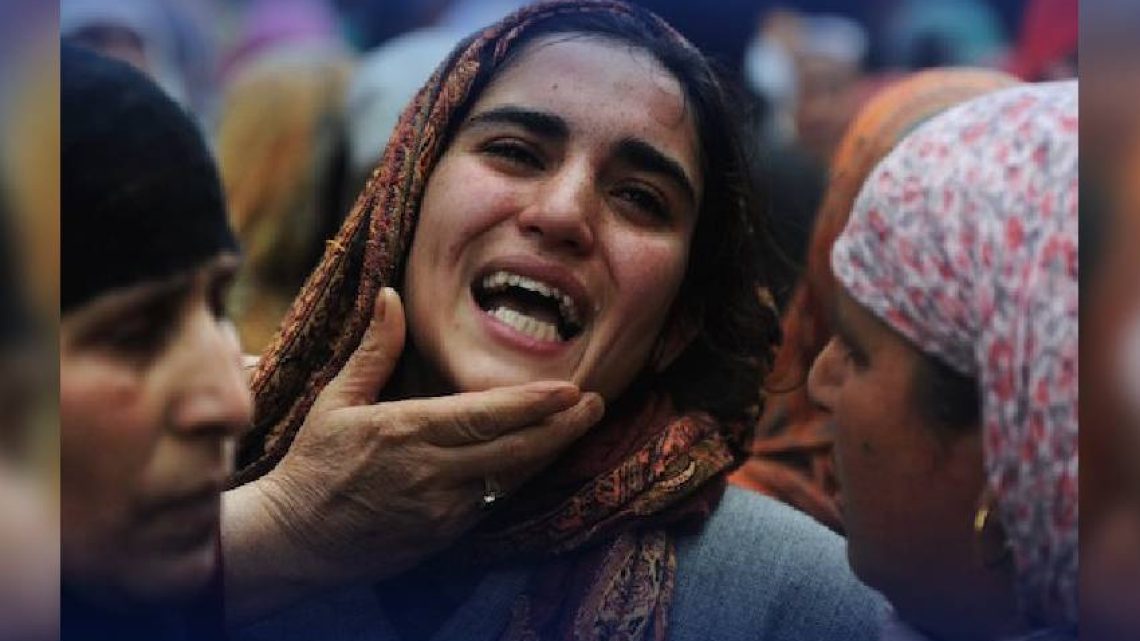
Hawal Massacre: 34 Years On, Victims Still Await Justice
May 21, 2024The 34th anniversary of the Hawal massacre marks yet another year of anguish and unresolved grief for the victims of Indian security forces’ brutality in Indian Occupied Jammu and Kashmir. On May 21, 1990, the region was rocked by the tragic assassination of Mirwaiz Maulvi Muhammad Farooq, a revered religious and political leader. His death prompted an outpouring of sorrow, culminating in a massive funeral procession in Srinagar’s Hawal area.
What began as a somber occasion to honor Mirwaiz Farooq’s memory swiftly descended into a horrific massacre. Eyewitnesses recount how Indian security forces, having preemptively sealed off the roads leading to the funeral site, opened indiscriminate fire on the mourners. The brutal attack resulted in the deaths of 72 Kashmiris and left over 200 injured. The sudden eruption of violence against a defenseless crowd mourning their leader’s death remains one of the darkest chapters in the region’s troubled history.
In the years since the massacre, the pursuit of justice for the victims and their families has been fraught with obstacles. December 2017 brought a fleeting moment of hope when the State Human Rights Commission indicted 15 security force personnel for their roles in the massacre. However, despite this indictment, substantial justice remains elusive. The affected families continue to live with the harrowing memories of that day, their pain compounded by the absence of accountability and redress.
The Hawal massacre is a stark reminder of the persistent challenges facing democracy and human rights in Jammu and Kashmir. The incident highlights the extent to which violence has permeated even the most sacred aspects of life, such as a funeral procession. The indiscriminate killing of mourners not only highlights the excessive use of force by security personnel but also reflects a broader pattern of human rights abuses in the region.
The massacre’s anniversary serves as a distressing occasion to reflect on the broader implications of such atrocities. It draws attention to the enduring struggle for justice and the need for comprehensive reforms to protect the rights and dignity of the Kashmiri people. The memory of the Hawal massacre continues to resonate deeply within the community, symbolizing both their grief and their unwavering quest for justice.
As the 34th anniversary of the Hawal massacre passes, the touchy memories of that tragic day serve as a solemn reminder of the need for justice and the importance of preserving the dignity of all individuals, even in the face of overwhelming adversity.

